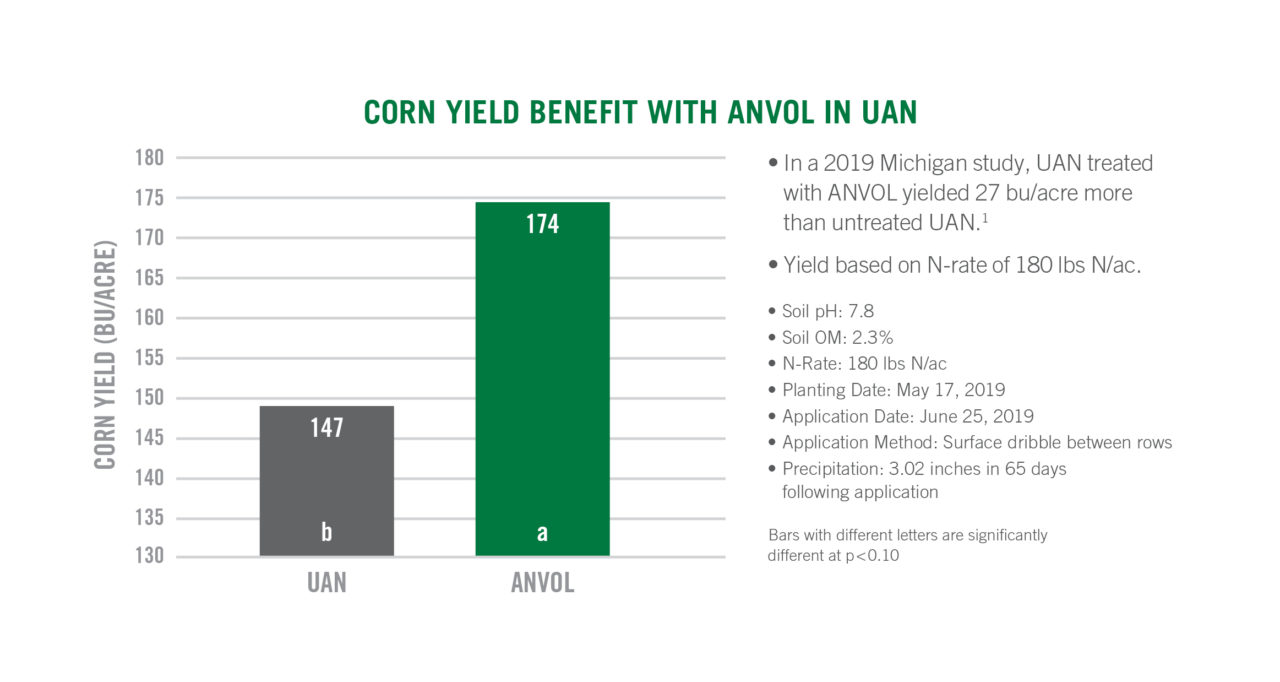Agriculture Today: Lawsuits and Lessons
Watching a lot of television during the recent coronavirus lockdown period, it’s pretty clear to me that the agricultural industry has become the new “favorite target” of the U.S. legal profession. Worse still, I don’t foresee this changing anytime soon, so the marketplace should be prepared to address this kind of intense scrutiny going forward.
Of course, most people probably don’t view this statement as all that surprising. Like me, many folks that make their living from agriculture have likely seen (or at least heard about) the numerous television commercials by U.S. law firms seeking customers to file lawsuits to receive damage awards against glyphosate and its supposed link to causing certain forms of cancer.
Unfortunately, it seems many average consumers are paying attention to these legal come-ons. In fact, according to the numbers, the number of filings has reportedly risen to close to 100,000. At press time, there were persistent rumors that glyphosate supplier Bayer was trying to reach some kind of all-encompassing settlement in regard to all of these lawsuits. Because of this, many of the lawsuits originally scheduled to be going forward have been put on hold for the moment.
Some observers might think that this pause in glyphosate-related lawsuits would mean agriculture was now out of the spotlight when it comes to being focused on by the legal community.
However, you would be wrong in making this assumption.
Starting in mid-February, I began receiving emails from various law firms around the country discussing “the damage done by the controversial herbicide dicamba from Monsanto/Bayer and BASF.” These notices from law firms appear to be in response to a recent $265 million damage verdict brought against dicamba suppliers by Bader Farms in Cape Girardeau, MO. Sensing more potential blood in the water, the law firm of Peiffer Wolf Carr & Kane held a press briefing in late February entitled “Dicamba-Damaged Farmers.”
The lesson for agriculture from both these examples is clear: Our industry will continue to attract plenty of focus from the legal world. And it’s one I hope companies such as Bayer are paying attention to.
In mid-February, the German-based company announced that it had discovered a new herbicide molecule that had just advanced to Phase 2 of Bayer’s R&D pipeline. “[This is} the first post-emergent mode of action for broadleaf weed control in 30 years,” said Bob Ryder, Head of Research and Development. “The reason it’s so beneficial is that it offers very effective post-emergent control of tough grasses including some which have been shown to be resistant to glyphosate.”
Hopefully, if Bayer is successful in bringing this new herbicide to market, it will also do its best to keep the general public informed on how it is beneficial and what shortcomings it might process. Otherwise, the industry will likely see another round of lawsuits if things happen to go wrong.






